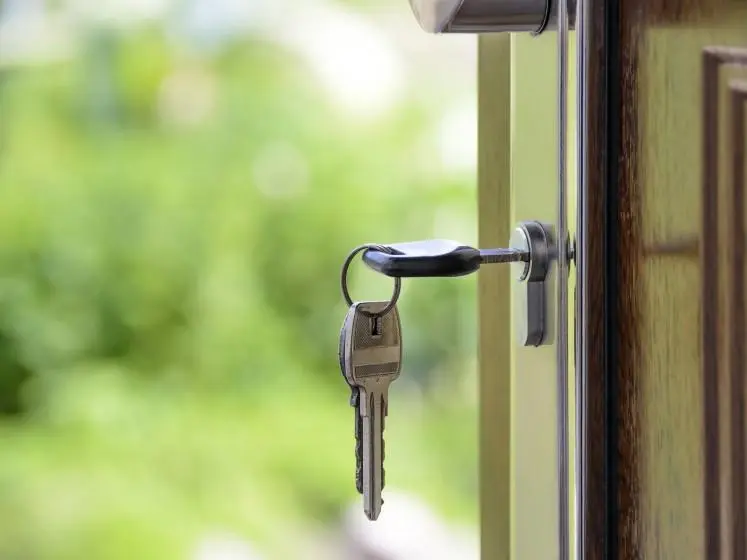Stamp duty holiday windfall has helped get people and economy moving

Although house buyers saved a maximum of £15,000 because of the stamp duty holiday, its real benefit was the associated economic activity, says a report by LSE London for the Family Building Society.
The report, Lessons From The Stamp Duty Holiday, analyses the impact of the stamp duty holiday on both numbers of transactions and, more importantly, the wider economy.
It finds that the average induced - or additional - expenditure on each of the estimated additional 140,000 transactions associated with the stamp duty holiday could be as high as £16,000. This is made up of moving costs and expenditure on the new home. Accepting the many uncertainties, this could generate total induced expenditure of anywhere between £1.8-£2.7 billion, as well as a multiplier effect, as this spending feeds into the economy.
Christine Whitehead, Emeritus Professor of Housing Economics, said: "Our research with the Family Building Society's customers and intermediaries makes clear that many people find stamp duty an unacceptable form of taxation and that it distorts decisions, particularly about moving.
"Economists consistently argue that stamp duty is a poor tax which results in reduced residential and job mobility and the inefficient use of the housing stock. It has a negative impact on employment and productivity because it makes people unable or unwilling to move."
The Family Building Society's customers who were surveyed said that stamp duty was only one of the reasons why they had chosen to move. Family reasons and wanting a larger home or a different location, were more important.
Mortgage brokers and other intermediaries who also took part in the report were clear that the stamp duty holiday had generated a frenzy of activity both among buyers and sellers – almost all of whom had wanted to complete before the stamp duty holiday ended.
Commenting on the report, Mark Bogard, CEO of the Family Building Society said: "The stamp duty holiday has been a very elegantly crafted experiment, resulting in a 50 per cent increase in transactions, leading to a better use of the housing stock, as well as supporting the Government's levelling up agenda.
"Not only that, freeing up the housing market generates economic activity. People spend money on moving and improving their new homes.
"Making the holiday permanent would mean that the vast majority of people would not pay this bad tax. Their money could be better used supporting the economy. The experiment has worked. Don't stop now."
Announced last July, the stamp duty holiday raised the threshold to £500,000 until the end of March 2021. It was then extended to the end of June followed by a £250,000 threshold until the end of September this year.
The report also found that there is a strong case for a more fundamental assessment of property taxes to reduce economic distortions arising from the disincentives to move not only on the housing market, but also productivity and economic growth.
There is also a case for extending the holiday in its initial form as some of the negative impact on house prices has already been built into current house price levels, so future more fundamental reform would be less costly.